What Is PA+++ in Sunscreen? Meaning, Benefits & Protection
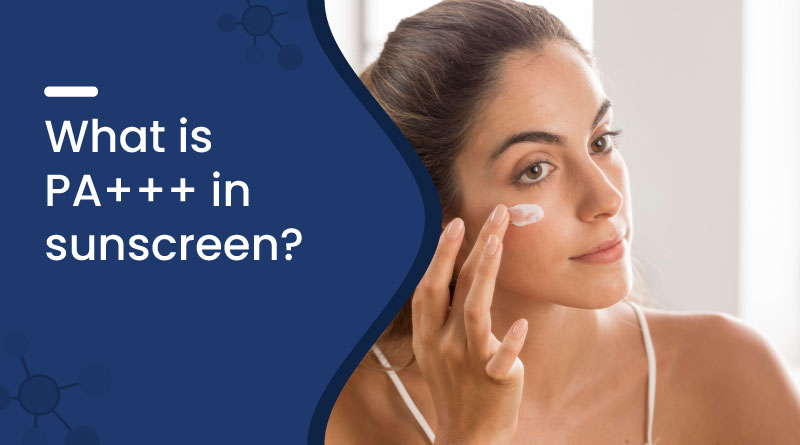

Sunscreen is an essential part of daily skincare. It protects your skin from harmful ultraviolet (UV) rays that can cause sunburn, premature aging, and even skin cancer. While SPF is widely known, many people overlook PA ratings, which indicate protection against UVA rays. In this blog, we’ll explore what PA+++ means in sunscreen, how different PA ratings work, and why choosing the right one matters for your skin health.
What Does PA+++ Mean in Sunscreen?
PA stands for Protection Grade of UVA, a rating system developed in Japan to measure a sunscreen’s effectiveness against UVA rays. These rays penetrate deep into the skin and contribute to aging and long-term damage.
- PA+ – Offers some UVA protection
- PA++ – Moderate UVA protection
- PA+++ – High UVA protection
- PA++++ – Extremely high UVA protection
The more plus signs, the stronger the protection. Sunscreens with PA+++ are perfect for everyday use, particularly in areas with strong sun exposure.
Comparing PA Ratings
This overview helps you determine the right sunscreen depending on your sun exposure and daily activities.
| PA Rating | Protection Level | Best For |
|---|---|---|
| PA+ | Low | Minimal sun exposure, daily indoor use |
| PA++ | Moderate | Short outdoor activities |
| PA+++ | High | Daily outdoor exposure, moderate sun intensity |
| PA++++ | Very High | Prolonged outdoor activities, tropical climates |
How to Choose the Right PA Rating
- Daily commute & office work: PA++ or PA+++ is sufficient.
- Outdoor sports or beach activities: PA+++ or PA++++ is recommended.
- Sensitive or aging skin: Higher PA ratings help prevent pigmentation and early wrinkles.
Remember, sunscreen should always be applied generously and reapplied every 2–3 hours for optimal protection.
Also read – How to Apply Sunscreen and When to Apply
Sunscreens Available at Zeelab
You can try sunscreens from Zeelab for the best sun protection. They are effective yet pocket-friendly.
VinSun Sun Screen Lotion SPF 50+
A powerful sunscreen designed to protect delicate skin from harsh sun damage. Its advanced formula provides broad-spectrum protection, making it ideal for daily outdoor use.
- Guards delicate skin against damage caused by sun exposure
- Provides high-level protection from harmful UV rays
- Suitable for all skin types
Sunscreen Lotion SPF 30+
A lightweight, fast-absorbing, non-oily sunscreen perfect for everyday wear. It helps shield the skin from sunburn while delaying early signs of aging like fine lines and wrinkles.
- Fast-absorbing, non-oily formula for everyday use
- Shields the skin from sunburn and early signs of aging
- Keeps skin soft, smooth, and protected
Sunscreen Lotion SPF 60
An ultra-light, quick-absorbing sunscreen that offers strong sun protection without irritation. Its gentle formula helps keep skin safe from both UVA and UVB rays.
- Lightweight and quick-absorbing texture
- Protects skin from harmful UVA & UVB rays
- Gentle on skin, prevents irritation while offering strong sun defense
Also read – Best Sunscreen for Women
Difference Between SPF and PA Ratings
SPF (Sun Protection Factor) measures protection against UVB rays, which cause sunburn and superficial skin damage. PA (Protection Grade of UVA) shows how well a sunscreen shields against UVA rays, which can cause pigmentation, premature aging, and deep skin damage.
SPF protects mainly against short-term effects like sunburn, while PA protects against long-term effects like wrinkles and dark spots. Both are important for complete sun protection; a high SPF with a low PA may prevent burns but not aging, and vice versa. An effective sunscreen combines suitable SPF levels and a high PA rating like PA+++ to ensure full-spectrum defense.
Importance of UVA Protection in Daily Life
Many people focus on sun exposure during outdoor activities, but UVA rays are present all day, even on cloudy or rainy days. These rays can penetrate glass windows, meaning indoor exposure near windows still affects your skin. UVA rays penetrate deeper than UVB, contributing to premature aging, wrinkles, pigmentation, and long-term skin damage. Using a sunscreen with a good PA rating, like PA+++, ensures continuous protection, even during routine daily activities.
Conclusion
PA+++ in sunscreen indicates high protection against harmful UVA rays that cause aging, pigmentation, and long-term skin damage. Choosing a sunscreen with the right PA rating, along with SPF, ensures effective daily and outdoor protection. Proper application and reapplication help maintain healthy, protected skin while reducing the risks of sun-related damage.
Frequently Asked Questions (FAQs)
Q. What does PA+++ mean in sunscreen?
A. PA+++ indicates high protection against UVA rays, which penetrate deep into the skin and can cause premature aging, wrinkles, pigmentation, and long-term sun-related skin damage.
Q. Which PA rating is best for daily use?
A. For regular daily exposure, PA+++ is recommended, as it provides high UVA protection and helps prevent photoaging and pigmentation during routine indoor and outdoor activities.
Q. How is PA different from SPF?
A. SPF (Sun Protection Factor) measures protection against UVB rays, which cause sunburn and surface skin damage. PA (Protection Grade of UVA) measures protection against UVA rays, which are responsible for deeper skin aging and pigmentation.
Q. Can I rely on SPF alone for sun protection?
A. No. SPF is designed to guard the skin against UVB rays that cause burning. To prevent deeper skin damage like aging and pigmentation, a sunscreen with both SPF and a high PA rating is essential.
Q. Is SPF 30 PA+++ enough?
A. Yes. SPF 30 PA+++ provides good protection for daily sun exposure, shielding against UVB-induced sunburn and high-level UVA damage. It is suitable for most indoor and moderate outdoor activities.
Sunscreen SPF 60+, Homosalate, Oxybenzon...
Sunscreen Lotion - SPF 30+

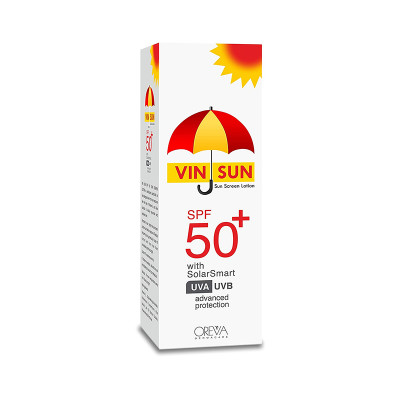
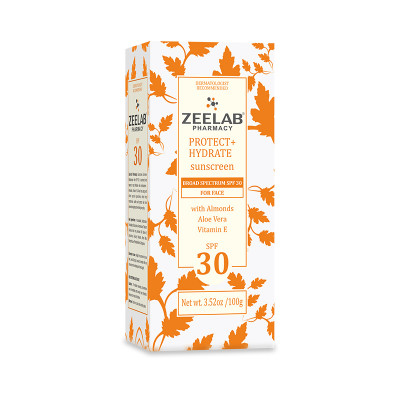
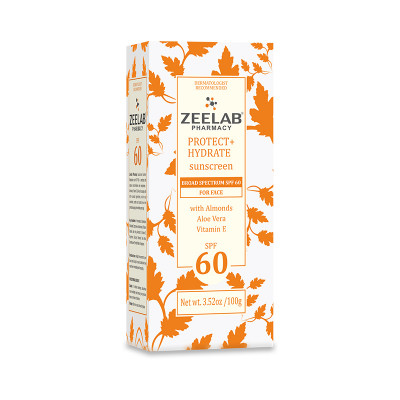
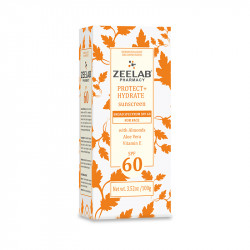
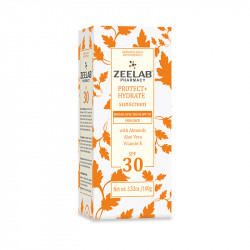
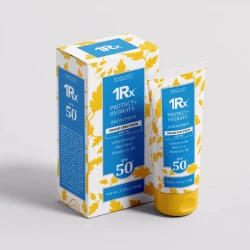
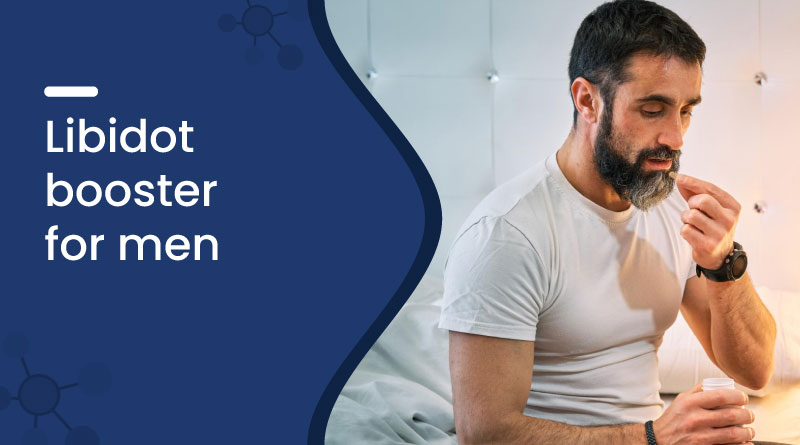
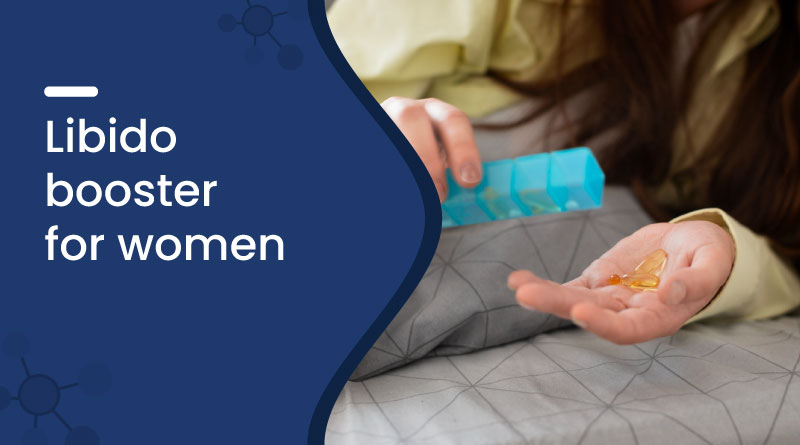
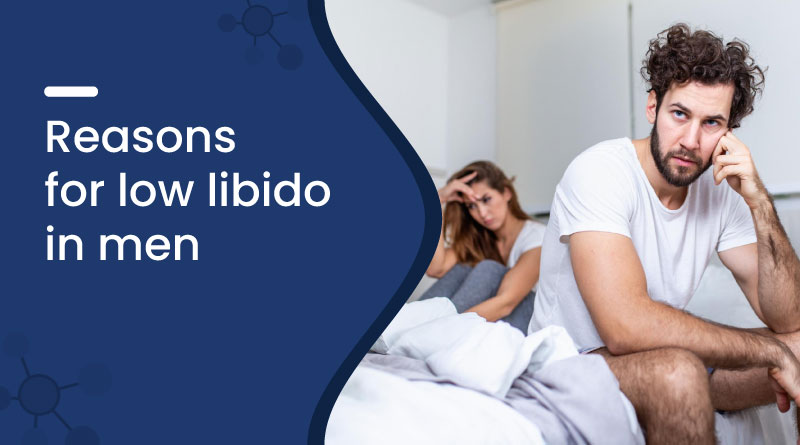
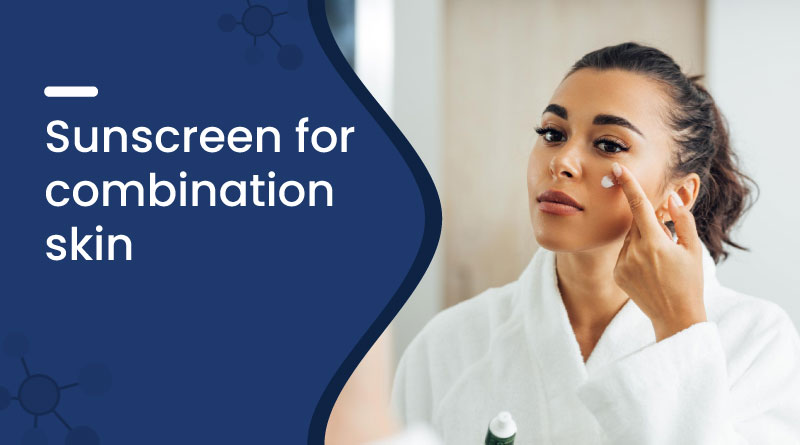

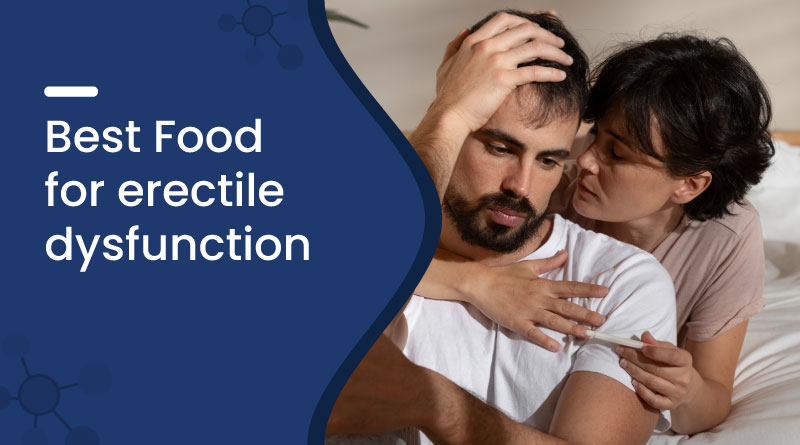


 Added!
Added!